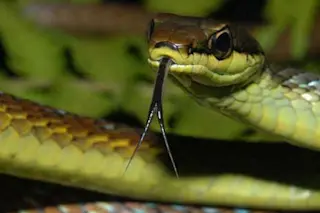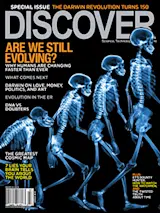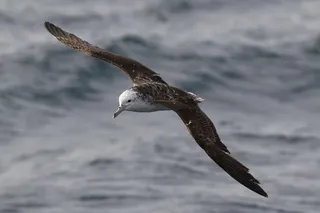The once-isolated islands of the Galápagos gave Charles Darwin insights into the dynamics of evolution that changed forever the way we think about the world. A century and a half later, scientists are still pursuing the ideas that drove him but are carrying these studies into a wide range of new locations—some exotic, some close to home.
“The evidence is overwhelming that evolution happened largely as Darwin proposed,” says Jerry Coyne, an evolutionary biologist at the University of Chicago and author of Why Evolution Is True. “Working through the engine of evolutionary change—natural selection—we can see evidence of animals’ and plants’ adapting to their environment before our eyes.” Such research took on cosmic importance recently when one of NASA’s Mars rovers found deposits of silica similar to those at the hot springs of Yellowstone Park. On earth such deposits typically contain remains of microscopic life.
Described below are some other ...















